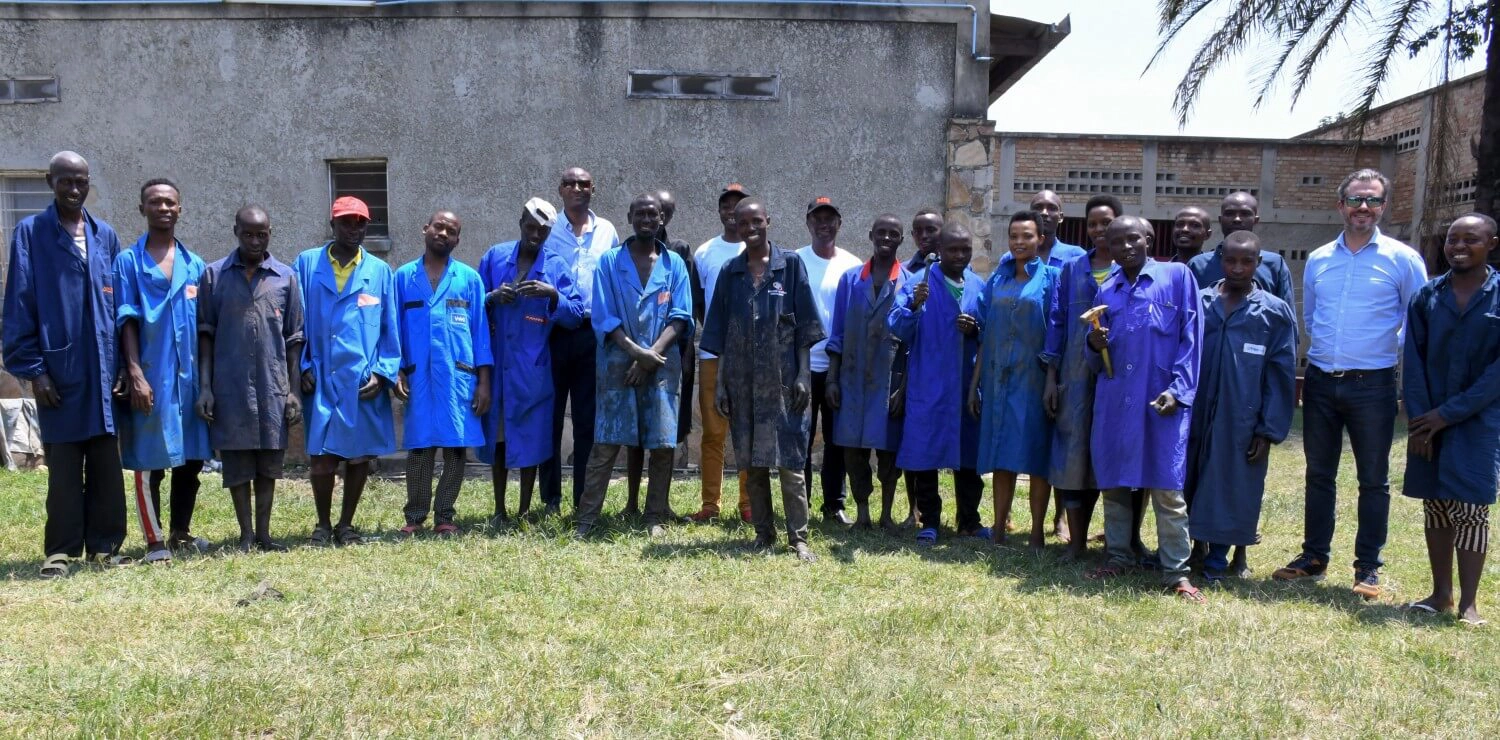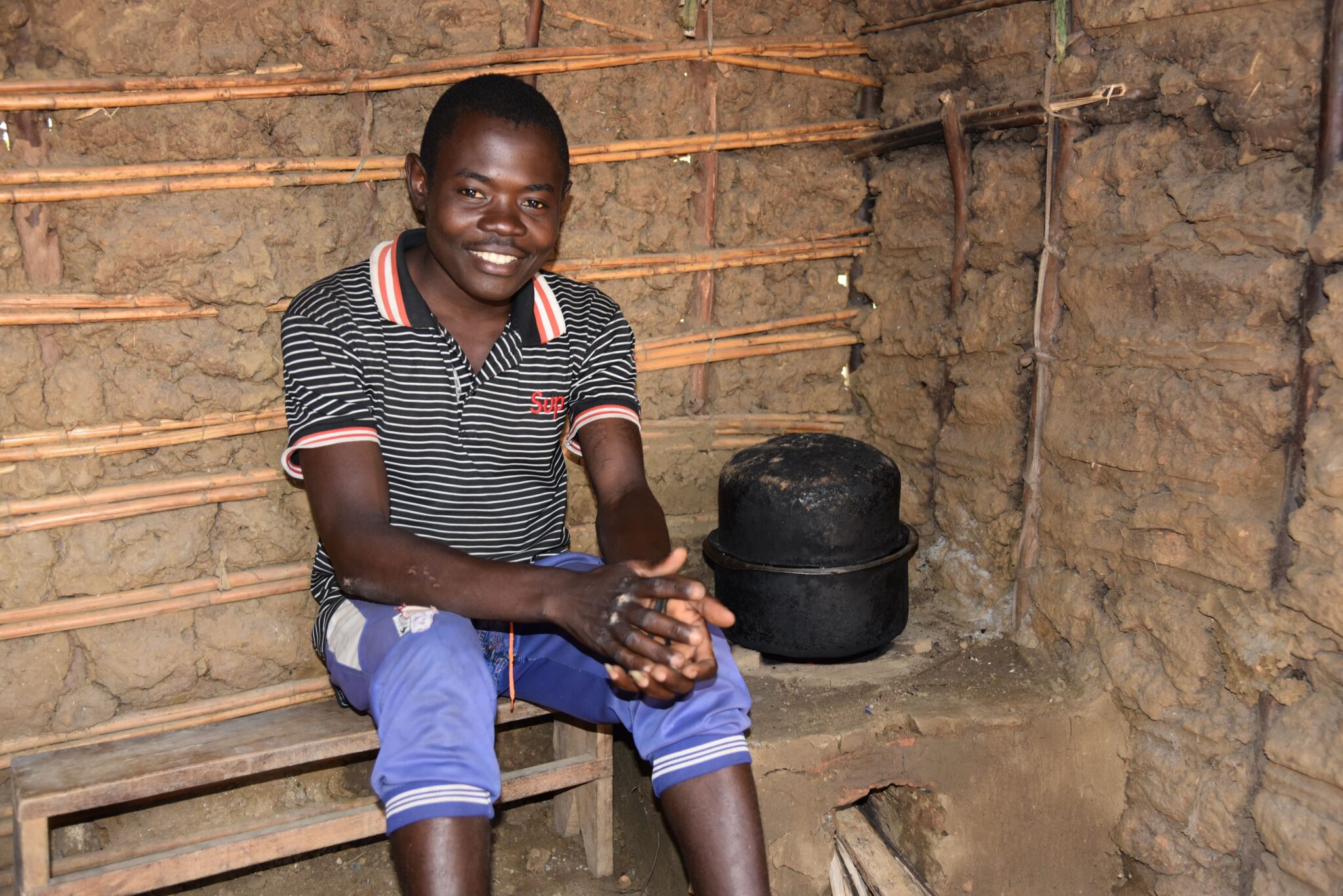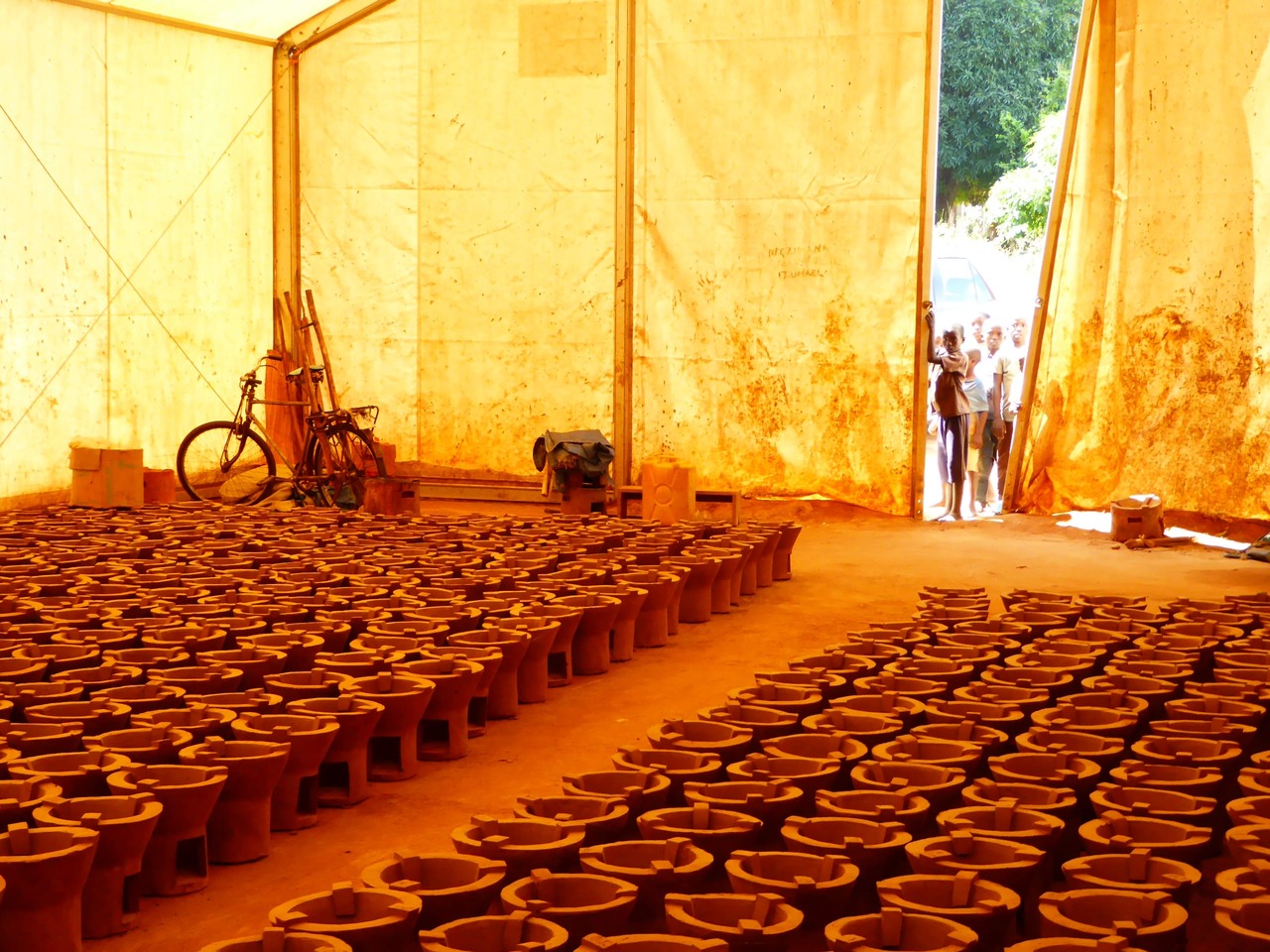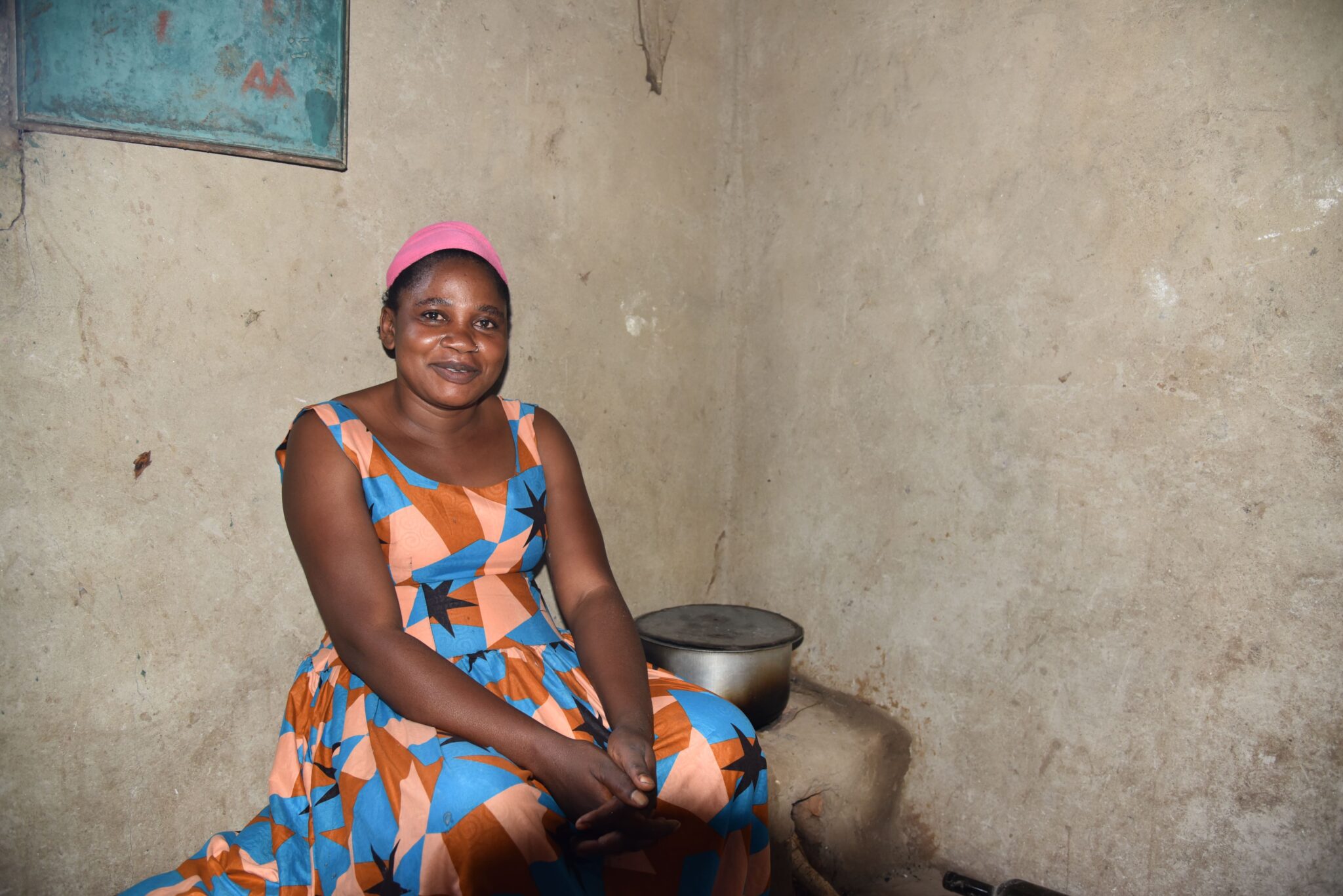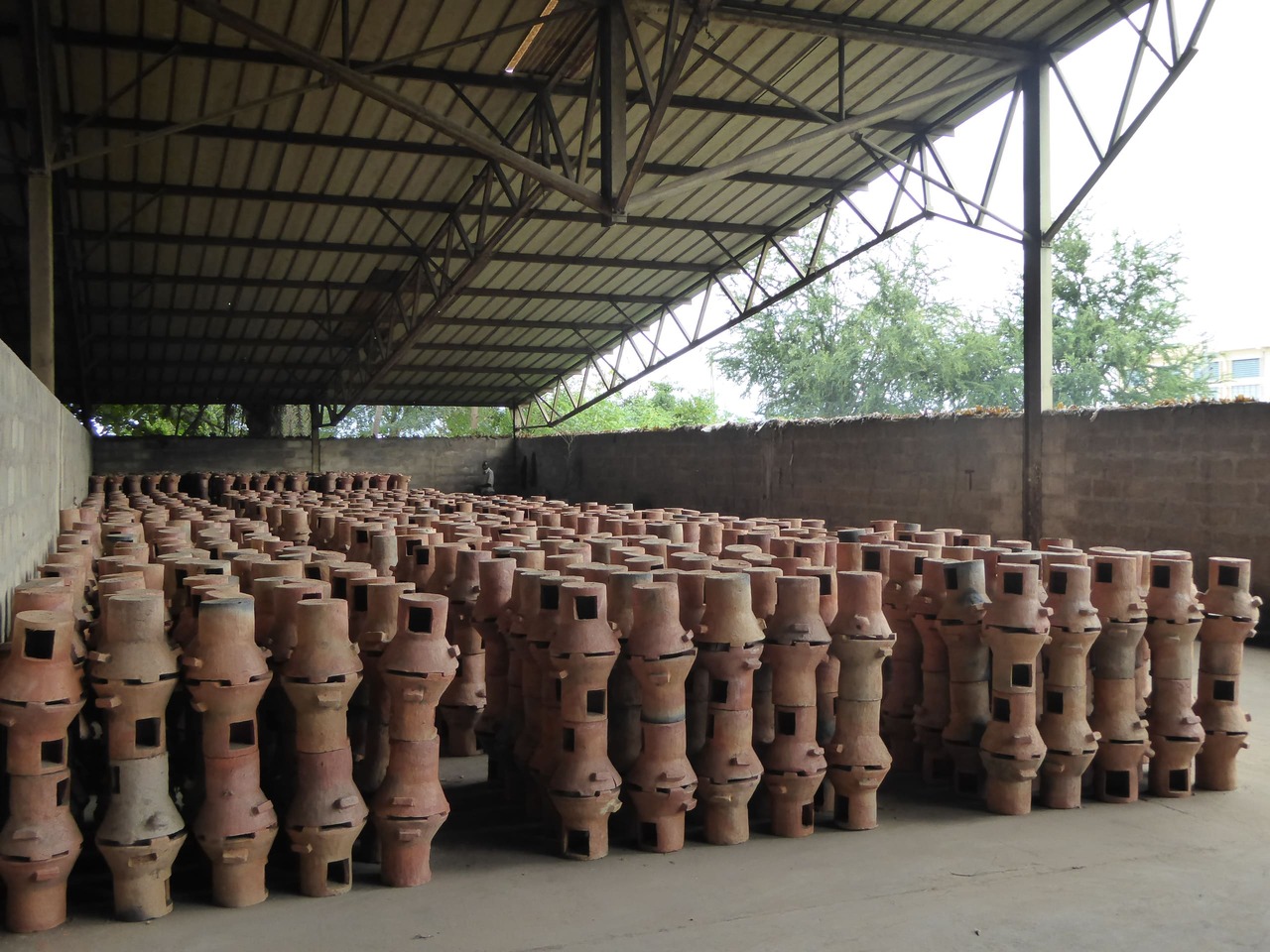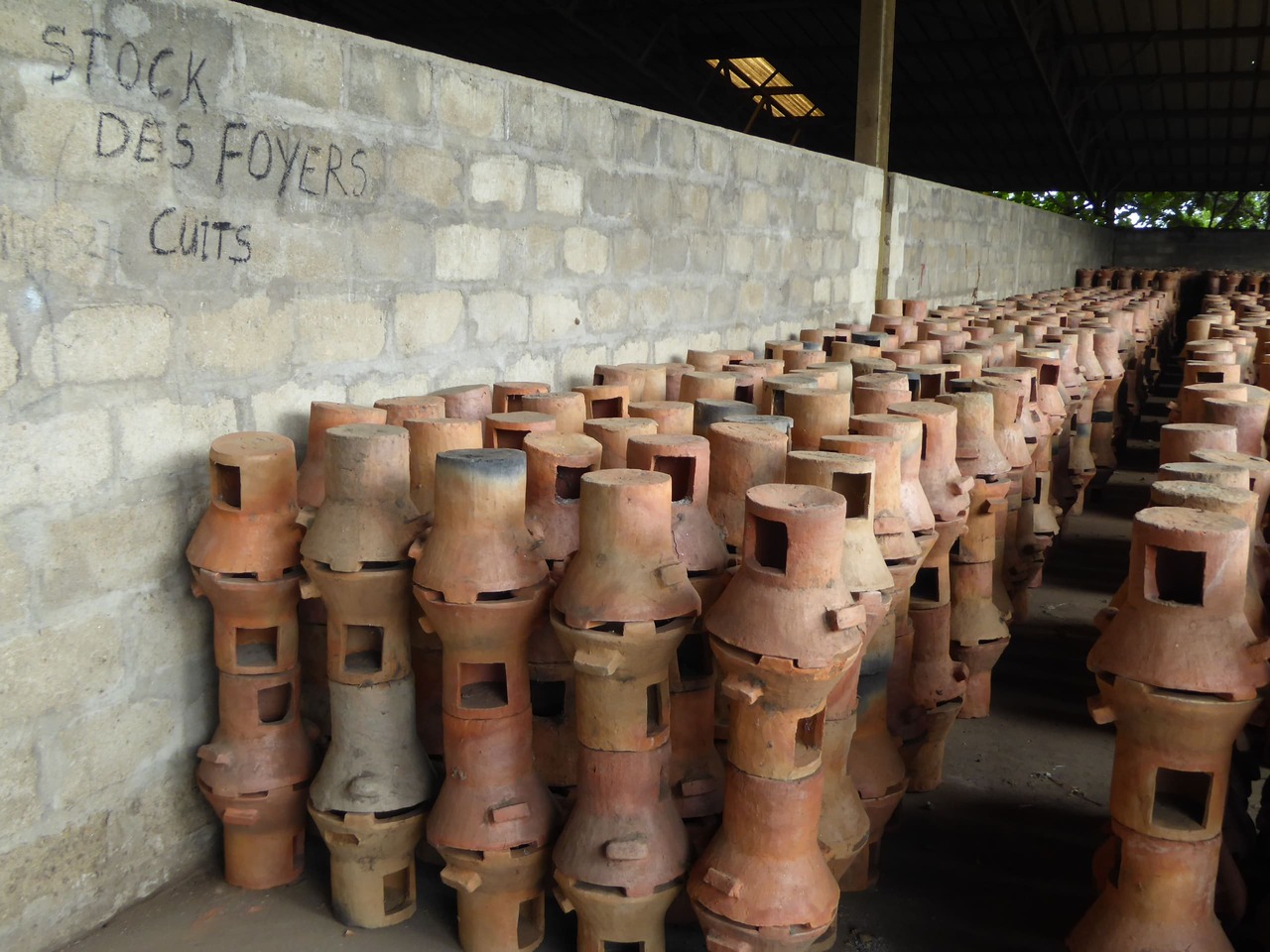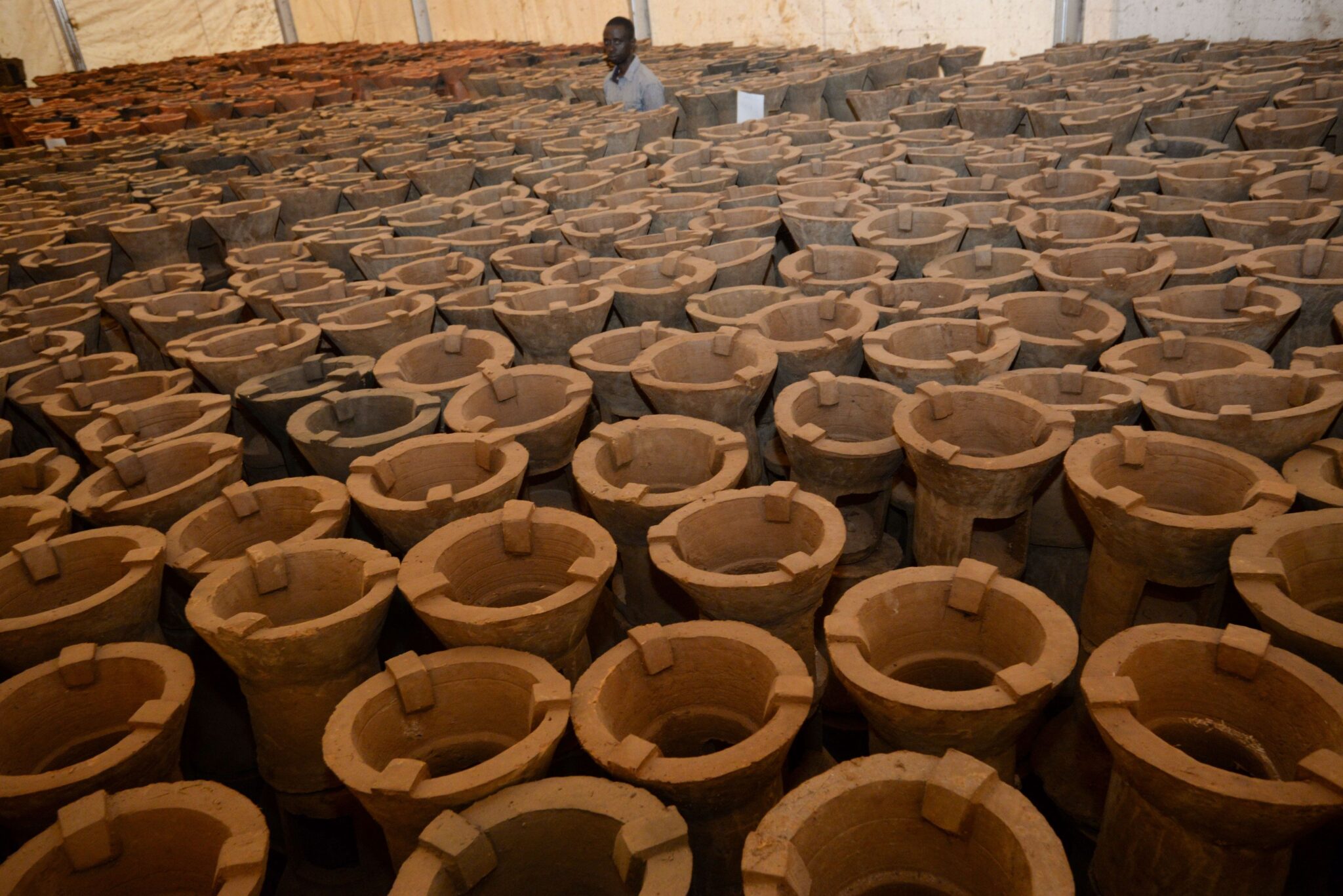Description
Project Name: Improved Cooking Stoves Programme in Burundi
Project Owner: POWA
Standard: Verra VCS
Project ID: 2828
In Burundi, a landlocked nation classified as a Least Developed Country, the loss of 40% of forest cover between 1990 and 2010 has sounded an urgent call to action. Since 2018, POWA has answered that call with a program to produce and distribute high-efficiency cookstoves to households, replacing wasteful traditional stoves. This transformative initiative is fighting climate change, curbing deforestation, and fostering sustainable development.
Most Burundian households rely on traditional cooking methods like open-fire 3-stone systems or outdated masonry stoves, which operate at a mere 10% efficiency and release harmful smoke that causes respiratory illnesses. POWA’s improved cookstoves are a game-changer, offering superior efficiency, user-friendly design, and significantly reduced smoke emissions. By protecting families from health risks, these stoves create safer, healthier homes while preserving Burundi’s precious forests.
By slashing woodfuel consumption, these stoves free up household budgets, allowing families to invest in more diverse and nutritious food, enhancing food security. This ripple effect empowers communities, improves quality of life, and drives sustainable progress in one of the world’s most vulnerable nations.
By reducing reliance on woodfuel, the program slows deforestation and cuts greenhouse gas emissions, contributing to global climate goals. The local production model ensures accessibility and affordability, making sustainable cooking a reality for every household.
The stoves are produced locally in Bujumbura (capital city) by POWA, a private company founded by the creators of OBEN. Its production facility, sprawled across a 6-hectare site in Bujumbura and operates three dedicated stove-making lines. To ensure smooth distribution, the company maintains a fleet of 14 vehicles for supply chain operations and delivery logistics, supporting the project’s reach across the region.


